- New Patients: (770) 343-4337
- Current Patients: (770) 668-0604
- 1707 Mount Vernon Road Dunwoody, GA 30338
At Codelli Periodontics & Implants conveniently located near Dunwoody in Atlanta GA, our additional dental services are one part of what it means to receive comprehensive, personalized care in our office. While remaining attentive to your oral health needs and goals, we provide patient-centered additional dental services designed to improve the function, health, and beauty of your smile.
Oral pathology involves diagnosing and treating diseases of the mouth such as cysts, tumors, and precancerous and cancerous lesions. Many patients experience unusual changes in the mouth, bone, gums, tongue, or throat that may or may not be caused by disease. Diagnosing diseases in the mouth as early as possible is very important. The earlier a disease is diagnosed, the faster treatment and healing can begin.
Occlusal, or bite, adjustment is a procedure performed to remove tiny interferences that keep teeth from coming together properly. These interferences can prevent the jaw from closing in its anatomically correct position. Interferences can occur as teeth develop, following an injury, or they can accumulate over time with wear. Dental treatment such as fillings, crowns, bridges, and extractions can also cause interferences. Interferences can prevent the jaw from fully sliding into its anatomically correct position. This means that the muscles of the jaw and neck are never able to fully relax. This may result in severe headaches, neck aches, and tooth pain. Many patients may develop bruxism, or teeth grinding, as their jaw seeks its natural position. Bruxism can cause loss of tooth structure and receding gums. It may also necessitate the need for dental treatment if the teeth are affected severely enough. Over time, patients may develop temporomandibular joint (TMJ) issues if interferences go untreated.
During your examination with Codelli Periodontics & Implants, your doctor will examine your jaw closely and evaluate for signs that your bite may be off. Some signs include uneven closing of the jaw on both sides, popping or clicking noises upon opening or closing, wear facets in areas where the enamel has been ground away, or fractured teeth. Chronic symptoms of bruxism, such as headaches, neck aches, or jaw pain, are also clues that the bite may be off.
Before the procedure begins, the doctor will have you bite on a very thin piece of mylar paper. The mylar paper transfers color to the areas where contact occurs. The doctor will then smooth the area where the marks have been left by removing just enough of the tooth or restoration to eliminate the interference. This process will be done on all areas where the mylar paper left color on the tooth until the teeth meet together in a proper position.

© 2018 Dental Website by Progressive Dental Marketing